Balancing vital principles through food
Chinese dietetics is an essential component of traditional Chinese medicine (TCM). It is based on thousands of years of observation and understanding of the relationship between food and health. “Let your food be your medicine”, said Hippocrates, the founding father of Western medicine, in the same spirit as Huang Di, one of the major figures of Traditional Chinese Medicine.
The overall aim of Chinese dietetics is to ensure the proper functioning of the Jing. Jing is the basic energy inherent in every individual, and is considered one of the “Three Treasures” of Chinese medicine, along with Qi and Shen.
As a reminder, yin represents tissues and organs. If it is deficient, symptoms such as dryness, the production of abnormal internal heat and sleep disturbances may result. Yang, on the other hand, refers to the functioning of organs and organic systems such as digestion… Insufficient yang can lead to symptoms such as diarrhoea, fatigue and even depression.

Food should therefore be as alive as possible, at the peak of its vitality, its “Jing.” It is this Jing from plants that will nourish our own vitality, our own “Jing.”
In Chinese culture, food is valued for its energy content. It is a gift from Nature, which must nourish our physical needs, but also our mental and spiritual needs. “To eat is to reach Heaven,” says a Chinese proverb.
Food should be as unprocessed and natural as possible, so that it can fill us with its vitality and make us even more alive.
Chinese dietetics follows the founding principles of Chinese medicine. It aims to readjust the energy balance of human beings according to their constitution and health.
It is a common-sense approach to diet that encourages us to be in harmony with nature by consuming fresh, locally grown, seasonal produce.
The essence of the food and drink consumed generates Qi, which supplements the “acquired” Jing. For Qi to sufficiently supplement Jing, it is important that meals are tailored to each individual’s specific energy needs at any given time.
Food classification
Dans la diététique chinoise, les aliments sont classés, entre autres, par saveur et nature en relation avec la théorie des cinq éléments. Les cinq éléments sont représentés par leur couleur ci-dessous : rouge pour le feu, jaune pour la terre, gris pour le métal, bleu pour l’eau et vert pour le bois.
Cette classification nous permet de comprendre que l’être humain, pour préserver sa santé, a besoin d’une nourriture la plus variée et la plus vivante possible comme évoqué ci-dessus à propos du Jing.
FIRE
- Flavor: bitter.
Bitter foods nourish the Heart and eliminate heat. They are often used to calm excess heat in the body.
- Nature: warm.
Warm foods increase body heat. They are often used to treat internal cold.
EARTH
- Flavor: sweet.
Sweet foods nourish the spleen and stomach. They are energizing and aid digestion.
- Nature: neutral.
Sweet foods have no major thermal effect.
METAL
- Flavor: pungent.
Pungent foods stimulate the circulation of energy (qi) and blood. They are beneficial for the Lung and Large Intestine.
- Nature: cold.
Cold foods eliminate body heat and reduce inflammation. They are useful in cases of excess heat.
WATER
- Flavor: salty.
Salty foods nourish the kidneys and soften the intestines. They can also promote the elimination of moisture.
- Nature: cool.
Cool foods have a refreshing effect, but less intense than cold foods. They are balancing.
WOOD
- Flavor: sour.
Sour-flavored foods have a tonic effect on the liver. They can stimulate the appetite and promote blood circulation.
- Nature: warm.
Warm foods strengthen Qi (vital energy) and promote digestion. They have a balancing effect.
Digestion or Xiǎo Huà
The food we eat is processed so that the body can extract the nutrients it needs. Xiǎo huà, digestion, literally means to disperse and transform. Food and liquids consumed are broken down and then transformed through the digestive process. Like a cauldron (the stomach), food and drink are first fermented, cooked, then broken down and transformed into food pulp.
This process occurs under the action of food fire, which transforms food and drink to produce Qi.
To do this, the spleen and stomach work together in interaction to ensure the digestion process. More precisely, it is under the impulse of the spleen, associated with the energy of the kidneys, that our “cauldron” separates the ‘clear’ from the “turbid.”
The clear corresponds to the nutritive energy of food, which serves as the basic material for the production of energy and blood in the body. The turbid represents the unassimilable substances that are eliminated as waste (in urine and stools).
Food full of vitality
Food is therefore considered by TCM to be the primary remedy. Along with breathing, it is the main source of our energy. Poor nutrition leads to low-quality energy, which is harmful to health and vitality. In Chinese tradition, foods are considered according to their impact on the body.
In principle, the plate should include all five flavors and five colors (with one dominant color depending on the season).
Each flavor nourishes a specific organ. Dietetics can therefore be used to treat patients by guiding them towards foods that help restore their energy balance.
If you are in good health, and in order to stay that way, make sure your diet includes a variety of flavors (sour, bitter, sweet, spicy, salty) and types (hot, cold, fresh, warm, neutral) to maintain energy harmony in the body.
The table above helps us understand the mechanism of Chinese dietetics, which classifies foods to be consumed according to their color, nature, and flavor, based on the five elements.
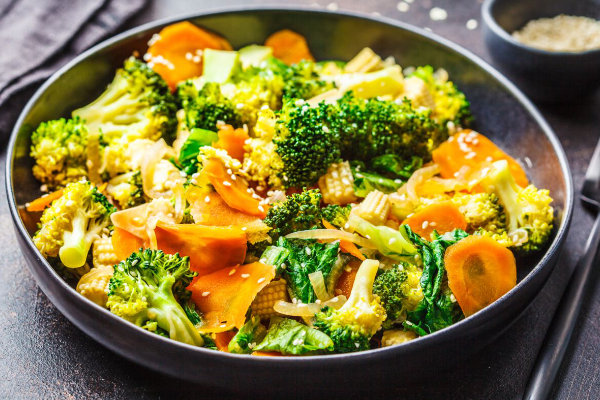
Basics for a healthy diet
The five flavors – Foods are categorized into five flavors: sweet, bitter, salty, sour and pungent. Each of these flavors has specific properties that affect organs and emotions. The balance between these flavors is essential.
Harmony of the elements – According to TCM, the five elements (wood, fire, earth, metal, water) are associated with different organs. Eating foods in harmony with these elements helps maintain balance.
Seasonality – Chinese dietetics recommends eating seasonal foods, as they are thought to be more suited to the body’s needs at that time.
Food preparation – The way food is prepared is crucial. Steaming, gentle cooking and woks are preferred, while excessive frying is avoided.
Avoid excess – Overeating, eating too quickly or too slowly, or depriving yourself of food can unbalance the body. Moderation is the key.
Listen to your body – Chinese dietetics encourages you to pay attention to your body. Hunger and satiety signals must be respected.
Individualization – Each person is unique. Chinese dietetics takes into account individual constitution, specific imbalances and unique needs.
The importance of beverages – Hot beverages such as tea are favored, as they are considered beneficial for digestion.
Food hygiene – Cleanliness of food and the environment in which it is prepared is crucial to avoid illness.

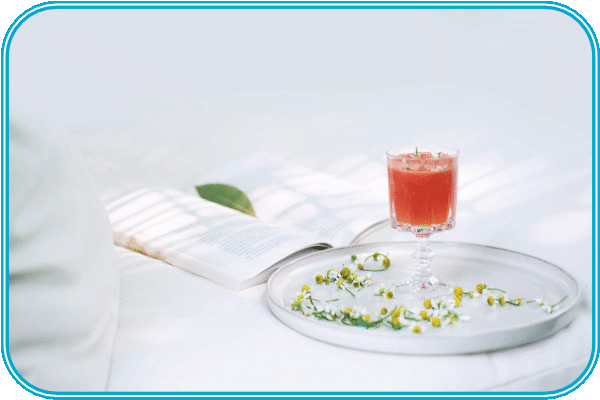
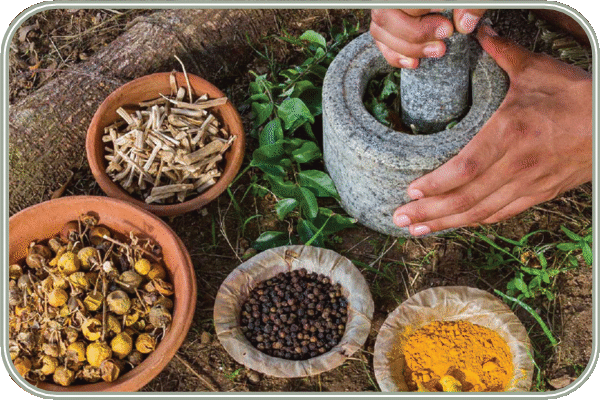

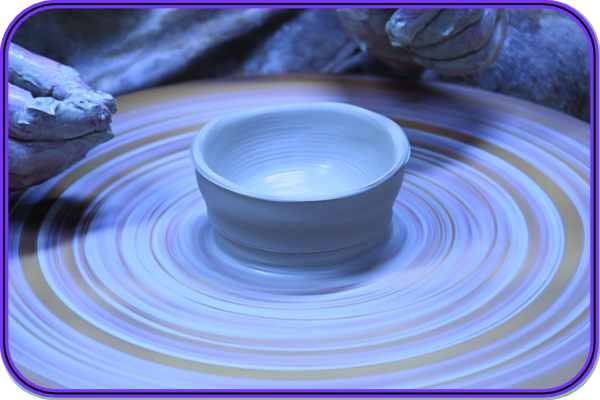

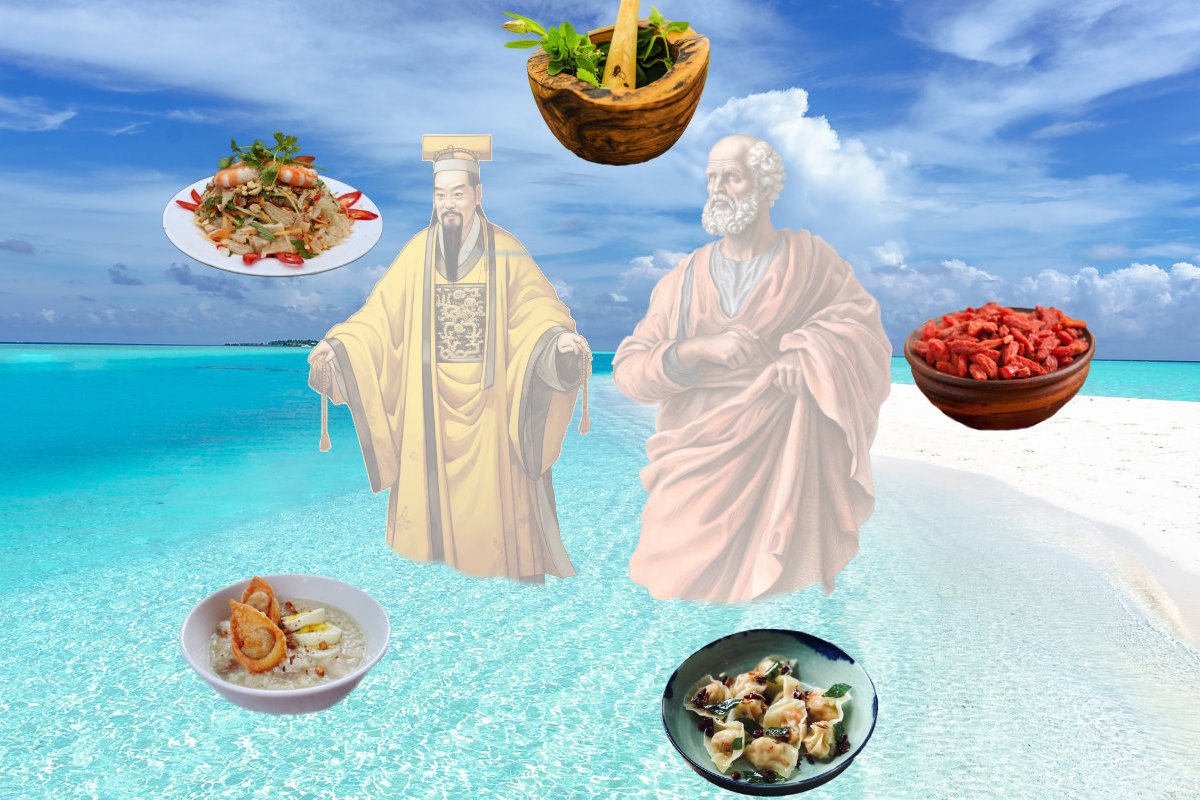
0 Comments